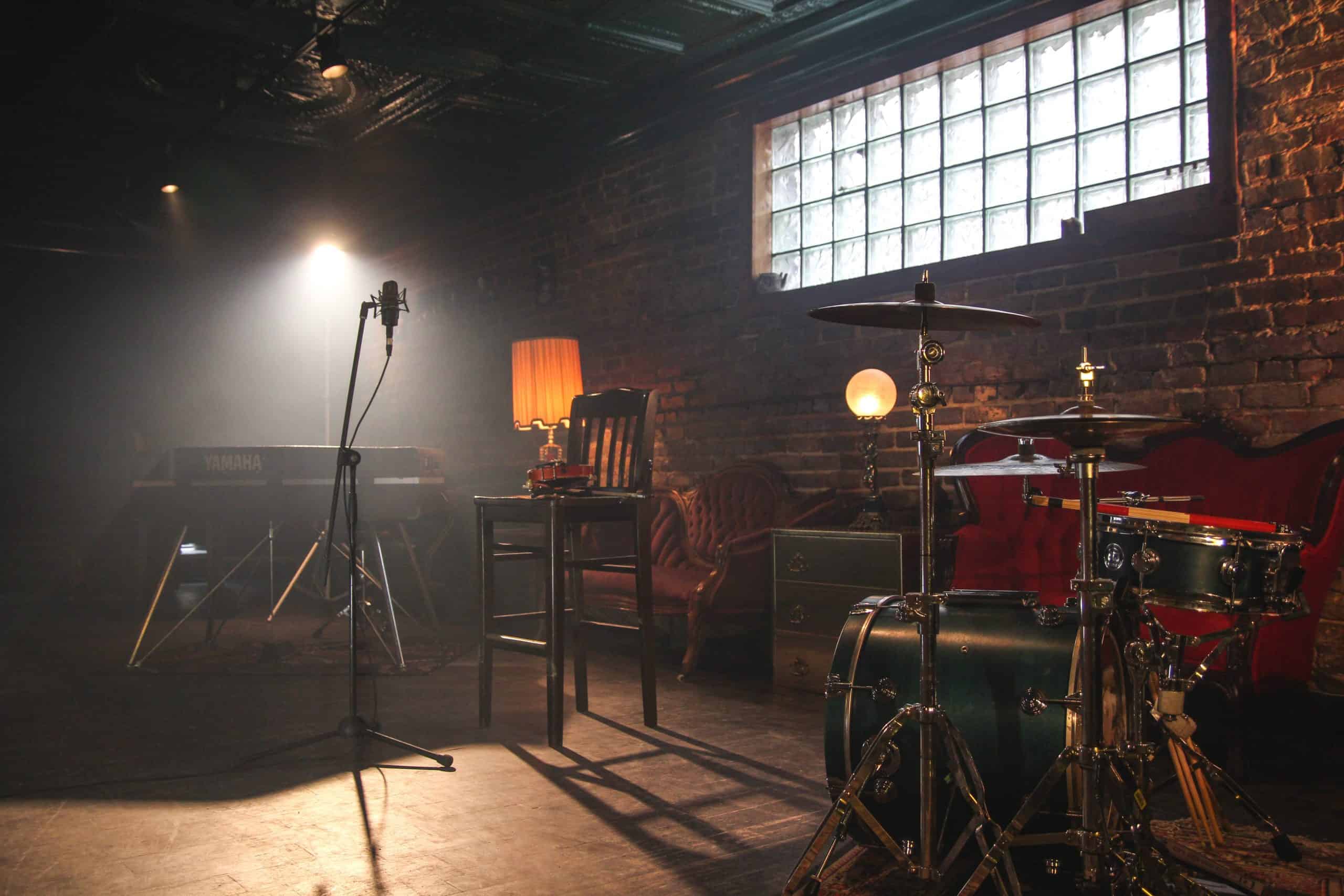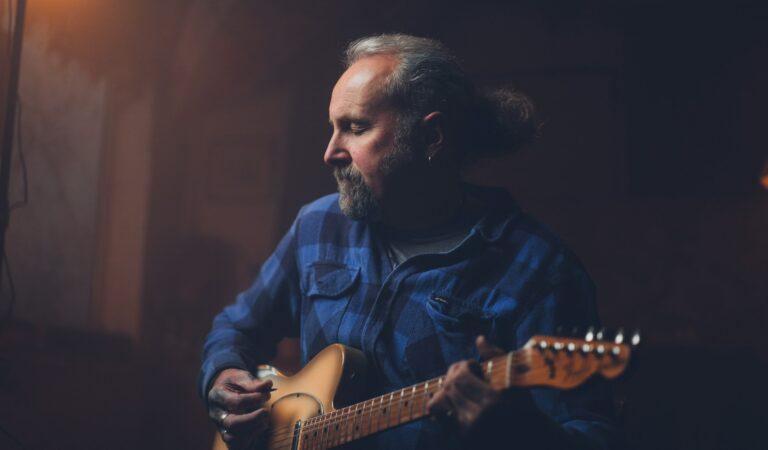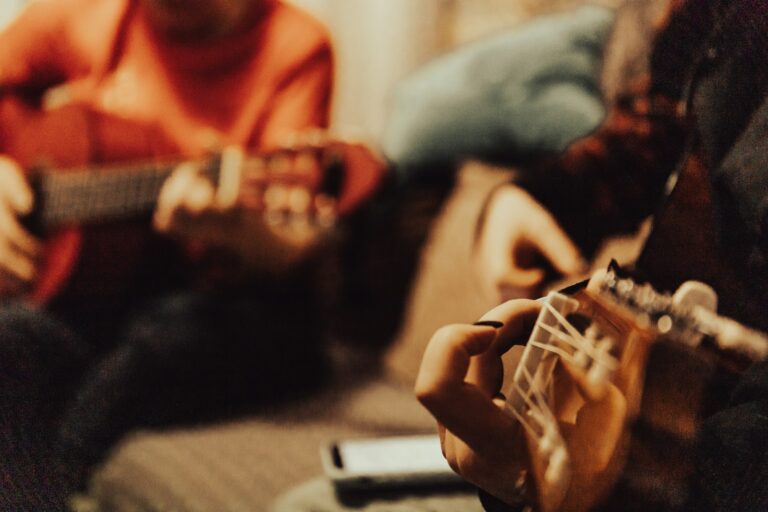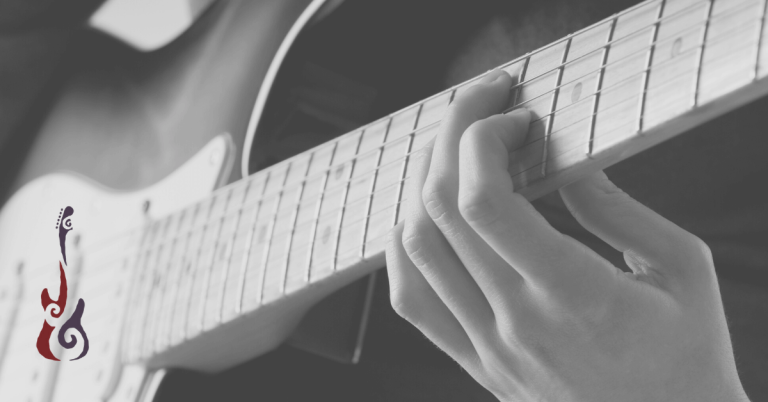Preparation for Live Performances [Guide for Musicians]
For musicians, live performances stand as pivotal moments of artistic expression. Imagine the heart-pounding energy of a sold-out concert or the intimate ambiance of a local venue — live performances captivate audiences and musicians alike.
However, behind these magical moments lies a fundamental truth: preparation is the key to unlocking your full potential on stage. Studies reveal that musicians who invest time in meticulous rehearsal and preparation not only deliver stellar performances but also experience significant personal and artistic growth.
In this journey toward mastery, preparation isn’t merely a task. It’s a transformative process that shapes musicians into their best selves, fostering confidence, skill, and an unshakable connection with their audience.
Whether you’re performing in a recital or a contest or for a music school audition, it can be a nerve-rattling experience. It’s also an extremely important step in a musician’s development, and with a little guidance, you can change your approach to practicing and playing to ensure that your performance will be successful.
The Benefits of Live Performance Preparation
Preparing meticulously for live performances offers musicians a multitude of invaluable benefits, transcending mere technical proficiency and venturing into the realm of personal growth and connection with the audience.
Improved Confidence on Stage
One of the most noticeable advantages of thorough preparation is the boost in confidence it provides. Rehearsing extensively hones musicians’ skills, allowing them to step onto the stage with self-assurance. Confidence not only enhances the overall performance but also enables musicians to handle unexpected situations with poise and grace.
Enhanced Musical Skills and Techniques
Dedicated preparation allows musicians to refine their musical skills and techniques to a professional level. Practicing challenging passages, perfecting intricate melodies, and mastering complex rhythms become second nature. This heightened proficiency not only ensures a flawless performance but also opens doors to explore more intricate and expressive musical territories.
Building a Connection with the Audience
Live performances are not just about musicians showcasing their talents; they are about establishing a profound connection with the audience. Thorough preparation empowers musicians to convey emotions and messages effectively, creating a powerful and memorable experience for the listeners. When musicians are well-prepared, their passion and dedication shine through, forging a deep and authentic bond with the audience.
Overcoming Stage Fright and Nervousness
Nervousness and stage fright are common challenges faced by performers. However, meticulous preparation acts as a shield against these anxieties. When musicians are thoroughly rehearsed, they enter the stage with a sense of control and mastery, significantly reducing performance-related jitters. This newfound confidence transforms stage fright into a source of adrenaline, enhancing the energy and dynamism of the performance.
In essence, live performance preparation not only refines musical abilities but also nurtures self-assurance, emotional connection, and resilience, empowering musicians to deliver truly extraordinary performances.
Key Strategies for Effective Live Performance Preparation
Preparation is an intricate process that involves a combination of strategic planning, technical finesse, and mental resilience. First, make sure you know the requirements, expectations, and etiquette for your live performance, as they will likely be different for every performance. Make sure you are clear on what is permitted and what is expected of you.
Don’t wait until the last minute to get this information — be proactive! If you are not clear about any of the requirements or expectations, ask questions. The last thing you want is to spend heaps of time preparing the wrong piece of music. Musicians can significantly enhance their performance quality and overall stage presence by employing the following key strategies:
A. Setting Goals and Objectives
Defining specific performance goals is the first step toward a successful live performance. Musicians should outline clear objectives, such as mastering a challenging section or achieving a certain level of audience engagement. Creating a structured practice schedule and routine ensures consistent progress and helps in achieving these goals effectively.
B. Rehearsal Techniques
Perfecting songs and arrangements is essential, but diversifying rehearsal methods further refines the performance. Musicians should practice with different tempos and dynamics, allowing for adaptability during the live performance. Addressing common performance challenges, such as transitions or complex passages, ensures a seamless and polished presentation.
C. Mental and Physical Preparation
Managing stage anxiety and stress is crucial for maintaining composure on stage. Techniques like breathing exercises and relaxation methods can help musicians stay calm and focused during performances. Additionally, maintaining physical wellness, including proper sleep, hydration, and nutrition, is essential for sustaining energy levels and achieving peak performance.
D. Technical Aspects
Mastering technical aspects enhances the overall sound quality and professionalism of a live performance. Musicians should familiarize themselves with soundcheck procedures and tips, ensuring optimal audio balance and clarity. Regular equipment maintenance and troubleshooting are vital to prevent unexpected technical issues. Collaborating effectively with sound engineers and fellow musicians fosters a cohesive and harmonious stage presence, creating a memorable experience for both performers and the audience.
By integrating these strategies into their preparation routines, musicians can elevate their live performances, delivering captivating and flawless shows that leave a lasting impression on their audience.
Reflecting on the Experience
The journey of preparing for live performances is not just about the moments on stage; it’s a continuous cycle of growth and self-discovery. Embracing the learning process, regardless of the performance outcome, is paramount.
Every practice session, every setback, and every triumph contribute to the artist’s evolution. Instead of viewing mistakes as failures, they become valuable lessons, shaping musicians into resilient and adaptive performers.
Celebrating achievements and improvements is crucial in reinforcing positive behaviors. Acknowledging progress, no matter how small, boosts confidence and motivation. Whether it’s mastering a challenging riff or captivating the audience with a heartfelt performance, recognizing these milestones fosters a sense of accomplishment.
Equally important is setting new goals for future performances. Goals provide direction, fueling musicians’ passion and dedication. These objectives can range from exploring new musical genres to refining specific techniques. By envisioning their desired outcomes, musicians stay motivated, ensuring that each performance becomes an opportunity to reach new heights.
In essence, reflecting on the experience is a holistic process that nurtures gratitude for the journey, reinforces self-belief through celebration, and ignites the determination to continually push artistic boundaries. Through this reflective approach, musicians not only enhance their live performances but also enrich their artistic souls, ensuring a fulfilling and enduring musical career.
Build in Accountability
Staying motivated can be difficult for many people, especially if you are working on a project by yourself. Finding ways to create accountability is extremely important to avoid pitfalls like procrastination, cutting corners, or simply getting down on yourself.
The best way to create accountability for your work is to meet with a music teacher or mentor regularly. Of course, this is also a great dress rehearsal for your performance, too. Using social media is a great way to create accountability. Sharing weekly updates on your progress with friends, family, and colleagues is an excellent idea.
Finding Your Zen Before Your Live Performance
You’ve identified the requirements and expectations, you’ve carefully selected your performance material, diligently practiced, and prepared, and now the big day is finally here, and your nerves are in high gear. Here are a few ideas that can help you relax and stay focused.
1. Breathe
Spend some time taking slow, steady breaths. Clear your mind. Focus only on the moment you are in. Allow yourself to be fully present. Repeat this mantra: cool head, warm heart.
2. Be Kind to Yourself
Remember — it’s only music. There will always be someone better than you, and there will always be someone worse than you. You may pass the audition, or you may not — either way, it’s not the end of the world. If you have prepared and performed to the best of your ability, you should happily accept the outcome and do your best to learn from the experience.
3. Don’t Dwell On It
It’s likely this won’t be your only public performance. Regardless of the outcome, you will have become a better musician in the process of preparing for the performance — be grateful for that and set your sights on your next opportunity.
The Coda
In summary, the significance of live performance preparation cannot be overstated—it’s the cornerstone of a musician’s success, fostering confidence, skill, and deep audience connections. As you embark on your musical journey, applying the tips and techniques shared here will undoubtedly elevate your performances to new heights.
At Green Hills Guitar Studio, we’re passionate about nurturing talent. Whether you’re a beginner or an experienced artist, our expert instructors offer personalized music and performance lessons.
With both online and in-person options available, we cater to aspiring musicians in Nashville, TN, and beyond. Don’t miss this opportunity to refine your craft and captivate audiences. Contact us today to start your transformative musical experience!





